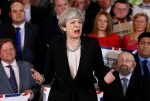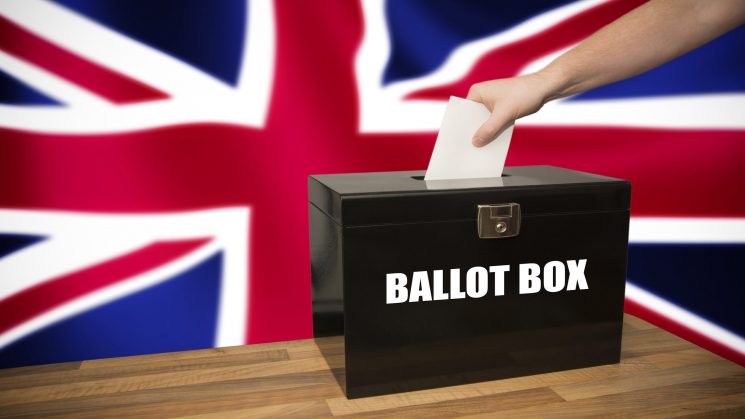During the last 12 months, we have seen a huge number of political shocks that have tore at the very fabric of globalization. From the election of Donald Trump as U.S. President to the Brexit vote, these instances have also been notable due to the failure of the usually reliable polls to gauge the moods of the respective electorates.
Analysis by global trading outlet IG Markets has also highlighted the failure of investors to pre-empt these upsets. In fact, the actions of online traders appear to be poor indicators of the winner of an election, suggesting that investors may not be ideally-placed to profit from political events.

What Does the Analysis Tell Us?
The analysis drew data from over 311,000 trades and 36,000 online accounts, while also touching on the recent Brexit vote and the 2016 U.S. election.
By analysing this data and mapping trading sentiment in the build-up to these events (while also highlighting the long and short positions that traders took up), it was revealed that investors flip-flop more than 50% in a matter of hours. This trend is most notable in the early hours after an election has concluded and before the first results are announced, and this hints at the level of uncertainty that inhibits traders at such times.
Not only this, but the results of the analysis also found that traders often follow similar behaviours when reacting to political events. Most rush to either the DOW, FTSE 1OO and DAX indexes during the course of an election, for example, while more than half of all traders are completed on a mobile device between the hours of 2am and 5am.
Asian markets also tend to be overlooked by investors, while the U.S. Dollar is an almost universal feature in all trades (along with the British pound, the Euro and the Japanese Yen).
The Last Word: Why Do Traders Struggle to Predict Economic Events?
With this in mind, the question that remains is why traders struggle to predict the outcome of economic events? A clue to the answer may lie in the behaviour traders’ showcase immediately after voting has closed during an election, as investors struggle to maintain their sense of determinism as exit polls and early analysis begin to hint at potential results.
So, as outcomes begin increasingly clear, trader’s start to adapt their positions and react to the breaking news trends.
Another key issue is the breakdown of traditional polling, which has become increasingly ineffective at predicting outcomes. This is due to the controversial nature of recent votes, with the electorate increasingly loathe to share their intentions. As polls have become unpredictable, so too traders have found it harder to base their actions on sound insight and reporting.
In terms of this election, we are also seeing traders react to the recent shocks provided by Brexit and the U.S. election. More specifically, they are adopting an increasingly uniform and risk-averse approach, which sees them back dividend shares such as Tesco, Barclays and Lloyds while eschewing less reliable derivatives.





